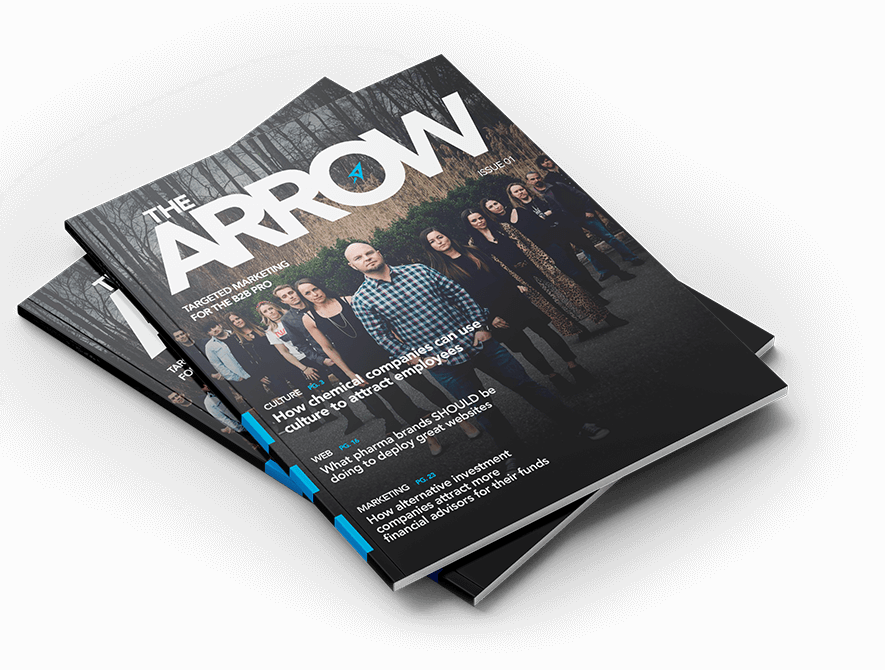Debunking the Myth: Is B2B Marketing All Emotion?
Chris Mulvaney is the CEO of CMDS. I make things... I’m the creative entrepreneur with passion for (re)making brands and inventing solutions to problems no one knows exist.
What You Will Learn:
– The reality behind the belief that B2B marketing is driven solely by emotion
– Why balancing emotional appeal with other factors is essential in B2B marketing
– Practical tips for creating well-rounded B2B marketing campaigns
B2B marketing is sometimes viewed as entirely emotion-driven, with decisions being made based purely on how a brand makes its audience feel. While emotions are indeed a powerful force in B2B marketing, the idea that it is all about emotion oversimplifies the complexity of the decision-making process. This article aims to challenge the myth that B2B marketing is purely emotional and offers practical advice on creating campaigns that resonate with your audience on multiple levels.
The Misconception: B2B Marketing Is All Emotion
The belief that B2B marketing is based entirely on emotion has gained traction in some circles. This view suggests that B2B buyers are primarily influenced by how a product or service makes them feel, with little consideration for other factors. However, while emotions do play a crucial role, they are just one part of the bigger picture in B2B marketing.
The Reality: Emotions Are Key, But Not the Whole Story
Research by Google and the CEB’s Marketing Leadership Council highlights the importance of emotions in B2B marketing. B2B buyers often form strong emotional connections with their vendors, and these connections can significantly influence purchasing decisions. However, it’s important to recognize that emotions are just one aspect of what drives successful B2B marketing. A well-rounded approach that considers multiple factors is essential for truly effective campaigns.
How to Create Balanced B2B Marketing Campaigns
With the role of emotions in B2B marketing clarified, here are some tips for crafting campaigns that resonate deeply with your audience:
- Know Your Audience – To create campaigns that connect, it’s vital to understand your target audience. Emotions can vary widely across different industries and buyer personas. Research your audience’s specific pain points, needs, and values to tailor your messaging in a way that resonates emotionally.
- Tell Compelling Stories – Storytelling is one of the most effective ways to evoke emotions in your audience. Whether through case studies, customer testimonials, or narratives that showcase your impact, stories help humanize your brand and create a meaningful connection.
- Use Powerful Visuals – Visual content is a great way to tap into emotions. High-quality images, videos, and infographics can convey messages in a way that words alone cannot. Choose visuals that align with your brand and the emotions you want to evoke.
- Demonstrate Empathy – Showing empathy in your marketing is crucial. By understanding and addressing your audience’s challenges, you can build a deeper emotional connection. Use language that reflects empathy and shows that you genuinely care about solving their problems.
- Leverage Social Proof – Testimonials, reviews, and case studies provide powerful emotional triggers. When potential buyers see that others have had positive experiences with your product or service, it builds trust and confidence. Incorporate social proof to strengthen the emotional appeal of your marketing materials.
In conclusion, while emotions are undeniably important in B2B marketing, it’s essential to remember that they are part of a broader strategy. By understanding your audience, telling compelling stories, using impactful visuals, demonstrating empathy, and leveraging social proof, you can create well-rounded campaigns that resonate on multiple levels.
Contact us today to learn how to create campaigns that effectively balance emotional appeal with other key factors for success. Remember, B2B marketing isn’t just about emotion—it’s about creating a connection that drives results.






